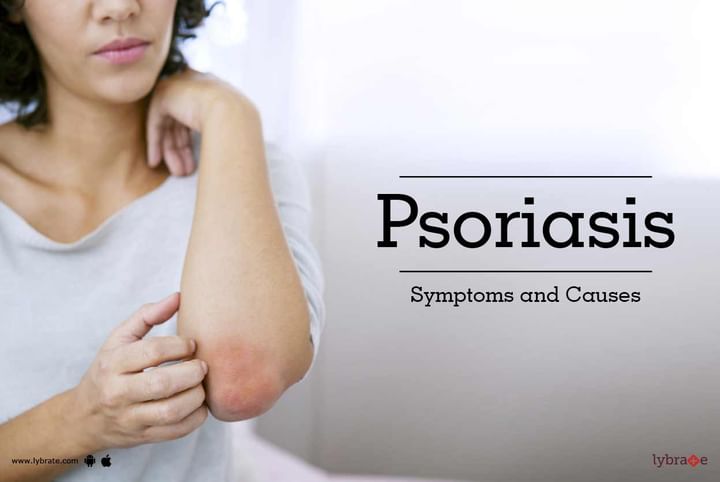Psoriasis: Symptoms and Causes
It is a chronic autoimmune skin disease, in which the skin cells form a mass of scales. Usually, these patches of skin, which are dry, red and itchy, occur on the skin of the back, scalp, palms, knees, elbows and around the fingernails and toenails. But some people have the patches all over the body. The patches may also crack, flake and bleed. While there is no definite cure, the symptoms can be managed and treated.
Symptoms of Psoriasis
The symptoms of psoriasis may vary from patient to patient. However, if more than two of the following signs are seen, it is likely that psoriasis is the causative condition:
1. A sharp and localized pain in the joints accompanied by stiffness
2. Soreness in the throat
3. Tiny depressions in the nails or large brown patches under the nails
4. The diseased patches of skin can crack, peel and bleed
5. Swelling and tenderness of the limbs
6. Dental plaque
7. Muscle pain due to the swollen bands of connective tissue
8. A whitish and silvery mass of scales surrounded by red patches of stinging, itchy skin
9. The appearance of blisters or rashes on the dry scaly skin and also along the nails
10. Bumps on the folded skin like back of the knees, armpits etc.
Causes of Psoriasis
Human Immuno-deficiency Virus adversely affects the immune system and increases susceptibility of all kinds of infections and diseases. HIV-positive individuals have been found to have an increased risk of psoriasis than HIV-negative people.
Medication
Anti-malarial, anti-inflammatory and blood pressure medicines can cause psoriasis as a side effect. The disease is also an effect of withdrawal from topical steroid creams and other steroid-based medication.
Genetics
More than 32% of the cases of psoriasis have been linked to genes. In case of identical twins, if one twin has the disease,the other has a 70% chance of getting it too. There are several genes associated with the disease- most of these genes are related to the immune system. T cells (lymphocytes which affect cell specific immunity) can also cause psoriasis.
Other diseases
Diseases like strep throat, chronic infections, skin infections and stress may be responsible for the condition. Other factors like obesity, alcoholism, skin dryness and smoking can also lead to psoriasis.



+1.svg)
